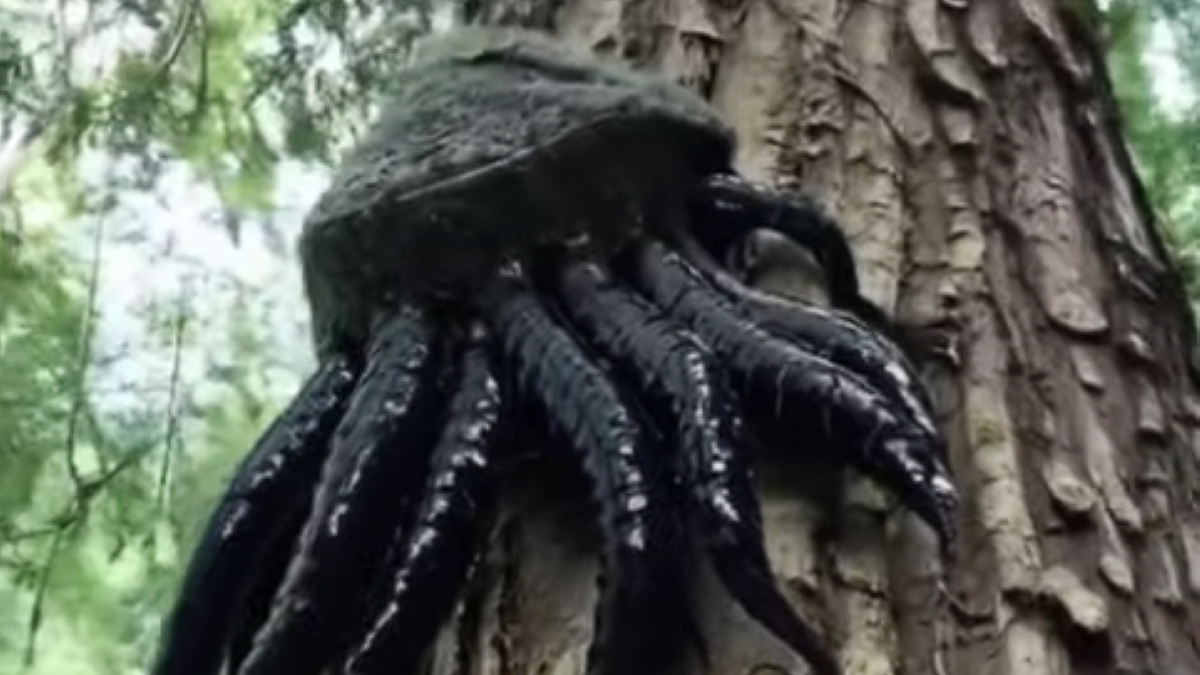The forest ecosystem is a fascinating world full of extremes. For example, there’s the squirrel, a master of navigating trees with grace. Then, you have various fungi that can either help unravel the mysteries of life or lead to a quick demise. And let’s not forget the moose, a creature that your friends might insist they could take in a fight—but trust me, that moose would take them down without breaking a sweat.
This biome is packed with an incredible diversity of plants and animals. With so much going on, you’d think forests wouldn’t need to add cephalopods (like squids and octopuses) to the mix, even if the internet keeps joking about it.
Now, let’s clear up a common misconception: the North American pine squid isn’t real. This viral cryptid has been gaining traction on YouTube, but it’s just a fantasy. Can you imagine a bunch of dark, wriggling tentacles dropping down on you while you’re enjoying a peaceful walk in the woods? Yikes!
The buzz around the North American pine squid was reignited by the YouTube channel Unreal World, which showcased a video of a tree seemingly sprouting ten tentacles. It then cuts to a smaller version of this fictional creature, complete with a rocky shell.
This so-called pine squid is really an extension of a classic internet hoax: the Pacific Northwest tree octopus. Created in 1998 by a prankster named Lyle Zapato, this hoax claims that a rare species of octopus lives in the temperate rainforests of the Olympic Peninsula in North America. The tree octopus supposedly moves from branch to branch (a quirky locomotion method called “tentaculation”) in search of food and mates, boasting the largest brain-to-body ratio of any mollusk.
The tree octopus has even been the subject of media literacy studies in schools. In 2007, Dr. Donald Leu conducted a study with American seventh-graders, finding that only six out of 53 students recognized the website as fake, while 27 believed it was a credible source. A similar study in 2017 with Dutch middle-schoolers showed that only two of the 27 participants identified the site as a hoax.
The tree octopus website still gets updated with news about cephalopods, and Zapato humorously claims that the tree octopus exists because we could all use a little more imagination. It’s a reminder of how our relationship with misinformation has evolved over the years.


